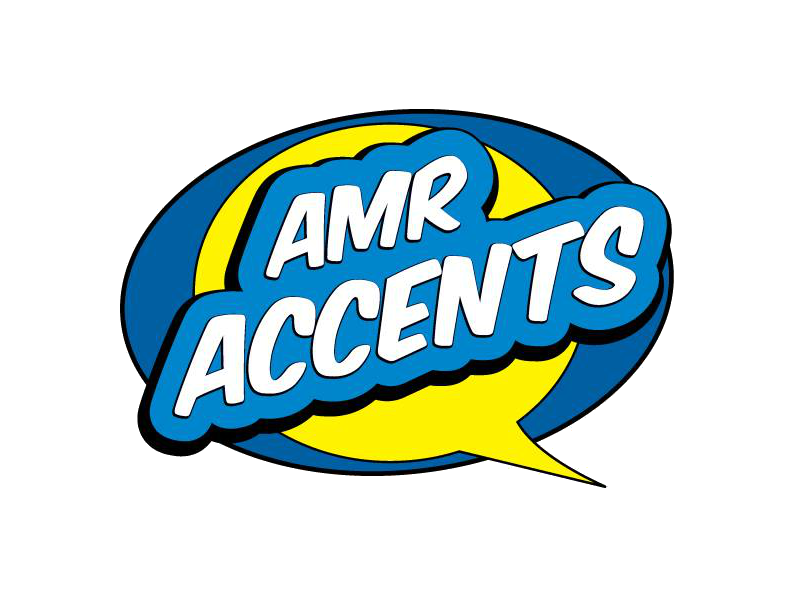VERY often in scripts, we’ll see unusually-spelled words such as:
“perfick” (perfect)—The 39 Steps
”erster” (oyster)—Newsies
”gettin” (getting)—West Side Story
I like to think that the writer is communicating accent notes directly to us! The writer is telling us that some sort of accent belongs here. We might also be able to piece together the following information:
1) Details about the rhythm, melody, or music of the character’s accent
2) The overall flavor of the character’s speech patterns
3) Some hints about the character’s culture, background, or society
Personally, I love seeing “accent clues” in scripts. The more information the better! But we do have to be careful. Sometimes in scripts, you’ll see some very interesting spellings. For example, take a look at this French accent word:
“sair” (sir)
This is what is known as a spelling approximation. A spelling approximation is an attempt to describe a specific pronunciation of a word using a traditional written alphabet. The problem with spelling approximations is that the written letters of English can only do so much to communicate the true accent sound. (Be on the lookout for more about this in an upcoming blog post!) The writer is giving us her/his interpretation of the sound, rather than the authentic sound itself. So it’s always an excellent idea to cross-reference accent notes in scripts with audio examples of authentic speakers (primary resources). Let the spellings in the script inform you of the presence of accent, and THEN let authentic clips and examples reinforce the accent!

